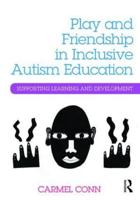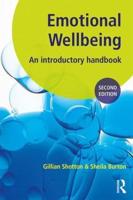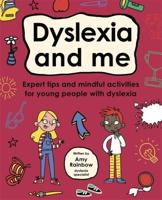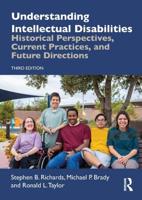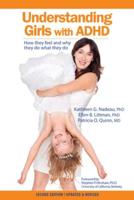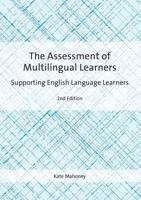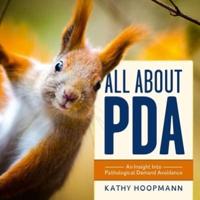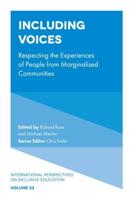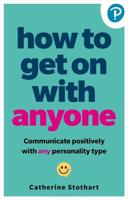Publisher's Synopsis
The information on ethics in education in general is quite limited. Indeed most practicing teachers (general and special education) know little detail of existing codes of ethics for their profession, or whether one even exists. In the past, options for parents and professionals were fewer or non-existent in most aspects. Not that long ago, the choice of an educational program for many children was a 'fait accompli' given that there was only one school for the deaf. Now, educational options exist for perhaps the majority of children with hearing losses - options that span the service range of residential schools to full integration. Further, within these educational settings, the language and method of instruction is also variable, spanning the range from auditory/verbal to bilingual - bicultural. Technological changes have also increased a range of tests for identifying the presence and degree of hearing loss at a very early age. "Ethics in Deaf Education" introduces and clarifies, in a structured manner, the many possible ethical considerations concerning the provision of educational services and habilitation for young children with hearing losses. The decisions that parents or guardians make on behalf of their children, often based on the contributions of educators, habilitation/rehabilitation specialists, and the deaf and medical communities, deserve an airing in a comprehensive manner. What are the issues concerning amplification, implantation, visual communication systems, and sign languages? What technological route should the parents take? What language should they be trying to develop in their child? What educational setting and approach will best satisfy the needs of their child and themselves for the present and foreseeable future? No other book has combined the factors of ethics, education, and deafness, to discuss a variety of topics that concern parents and professionals who have and work with young children with hearing losses. Concise, readable chapters have been written by a cross-section of experienced academics, researchers, and educators; each begins with an 'ethical dilemma' and expands to consider new technologies and educational options. Each chapter ends with a list of suggested readings and ethical questions for consideration.

